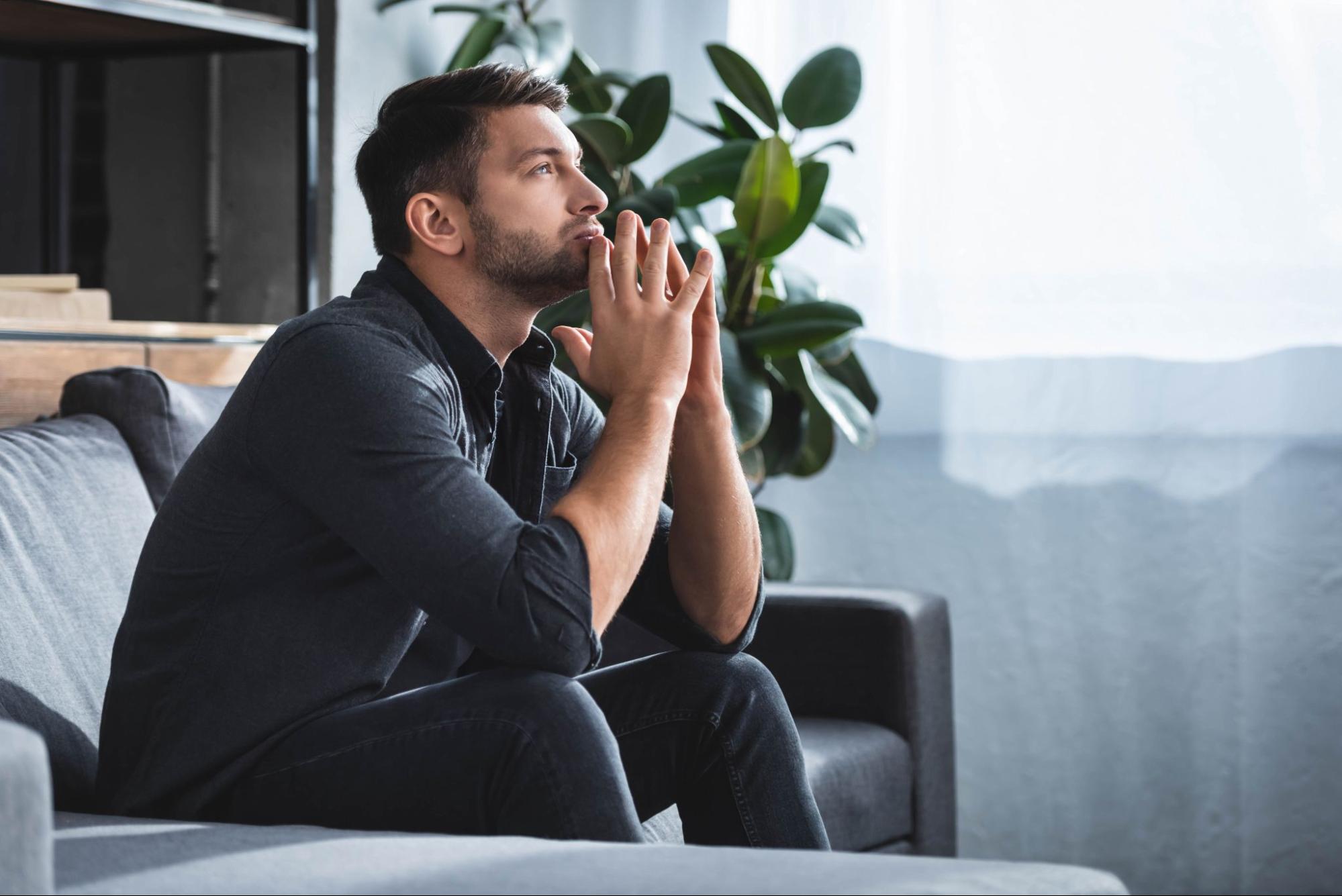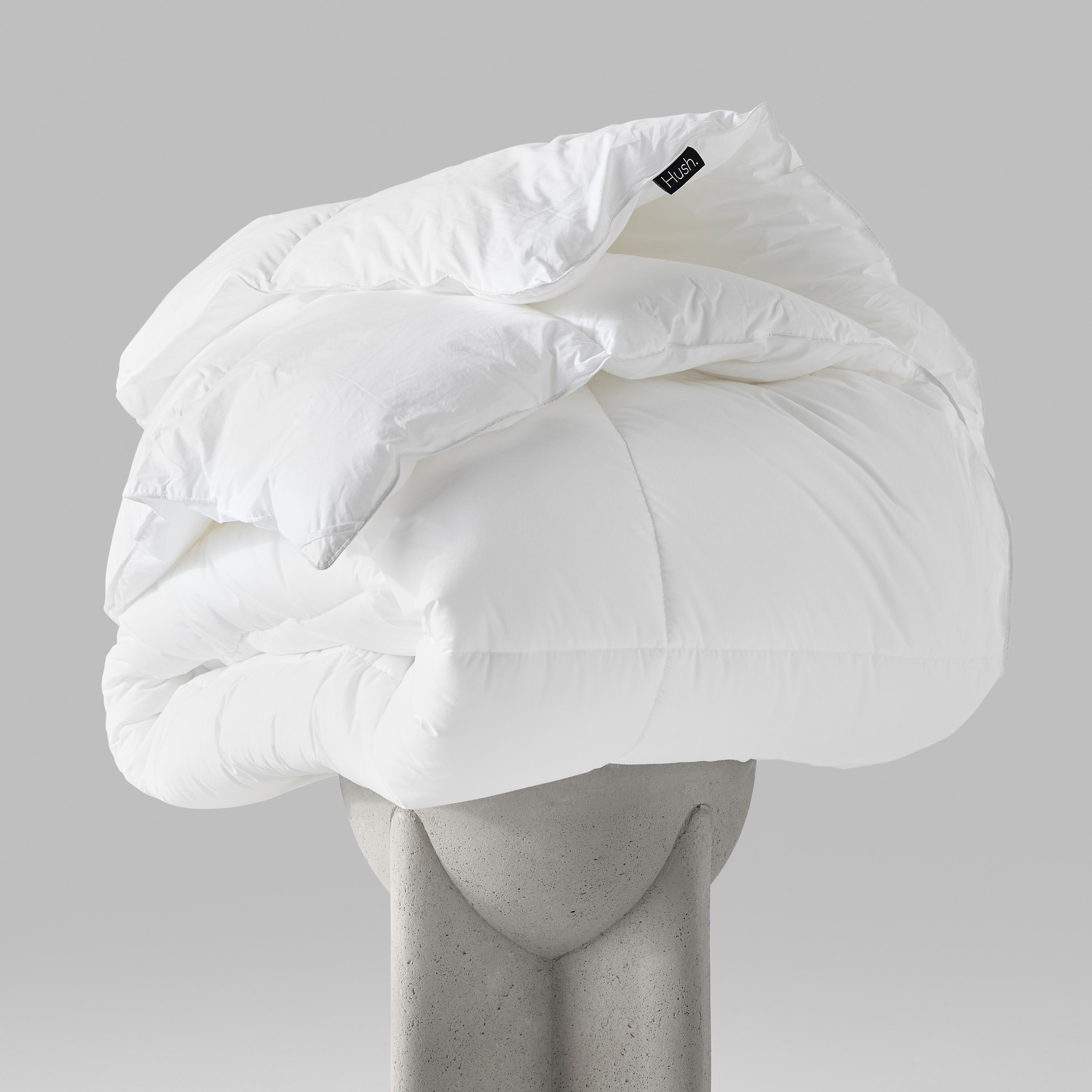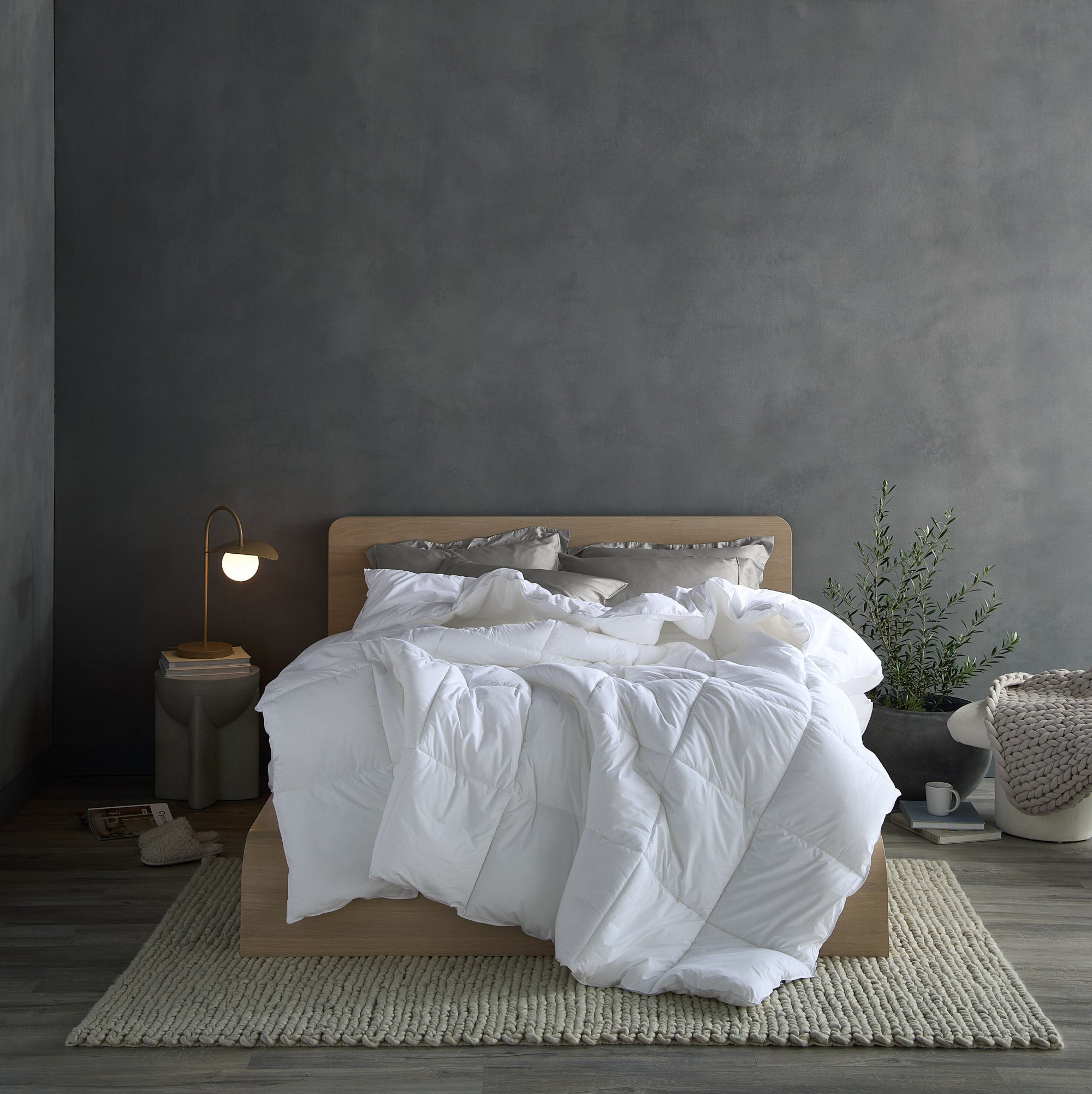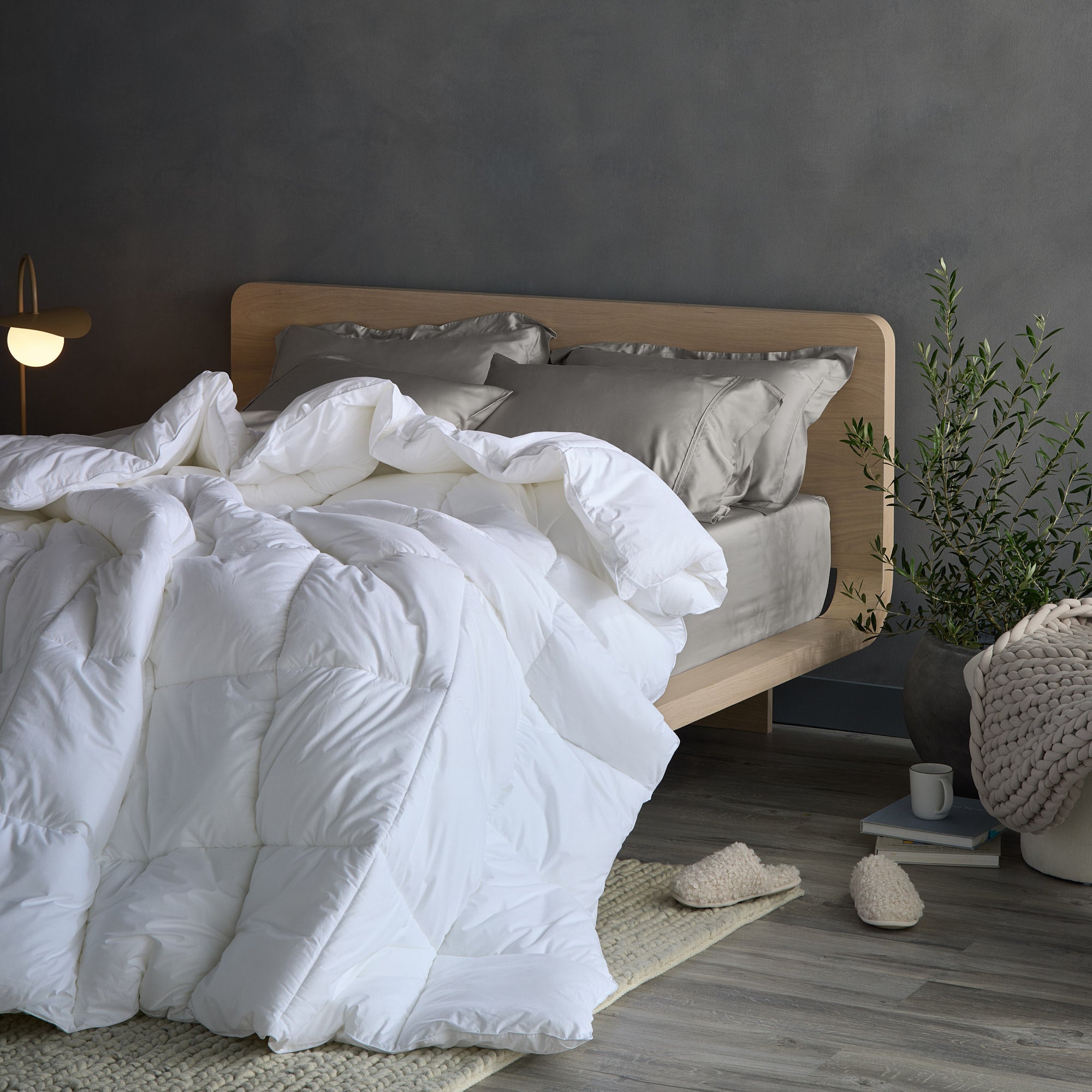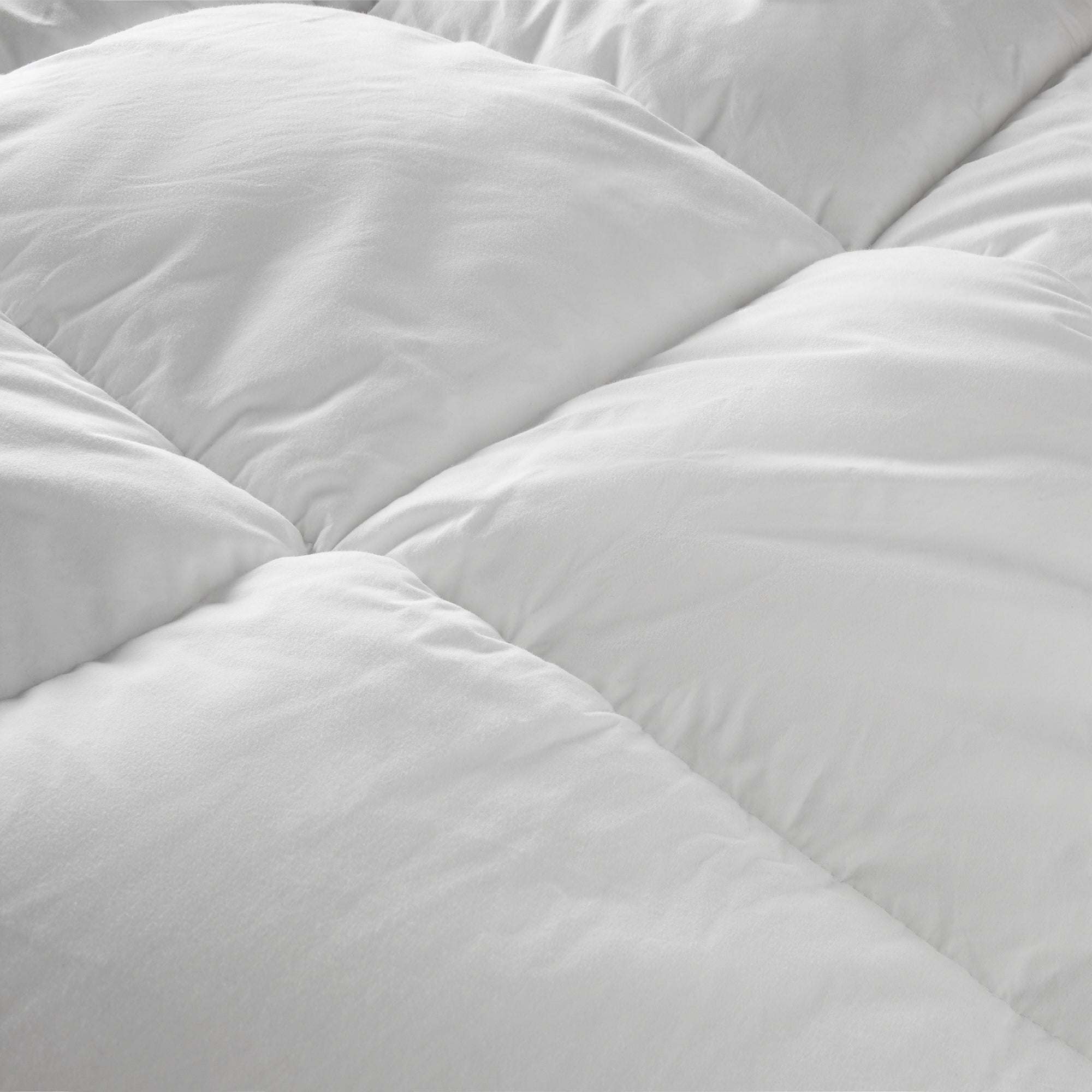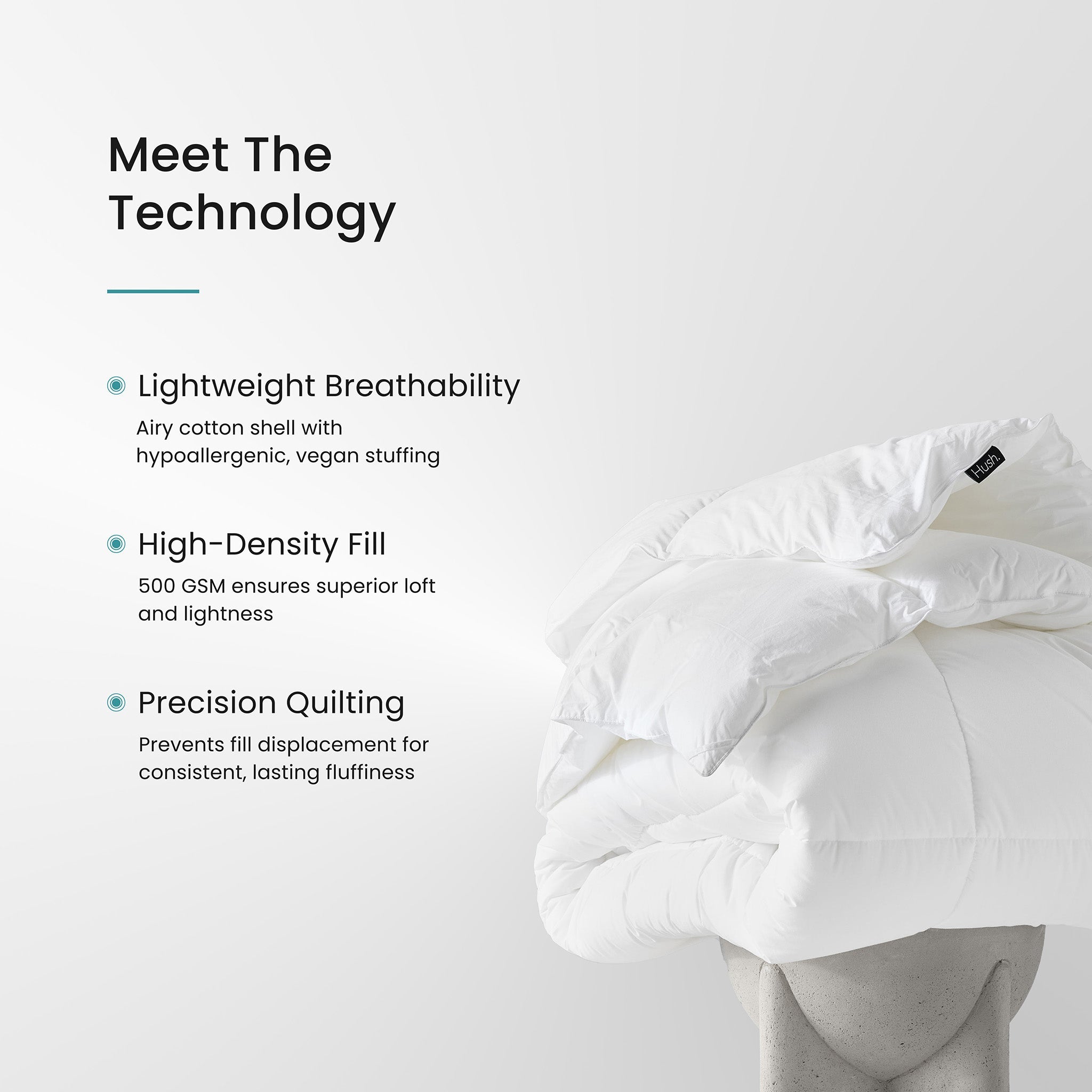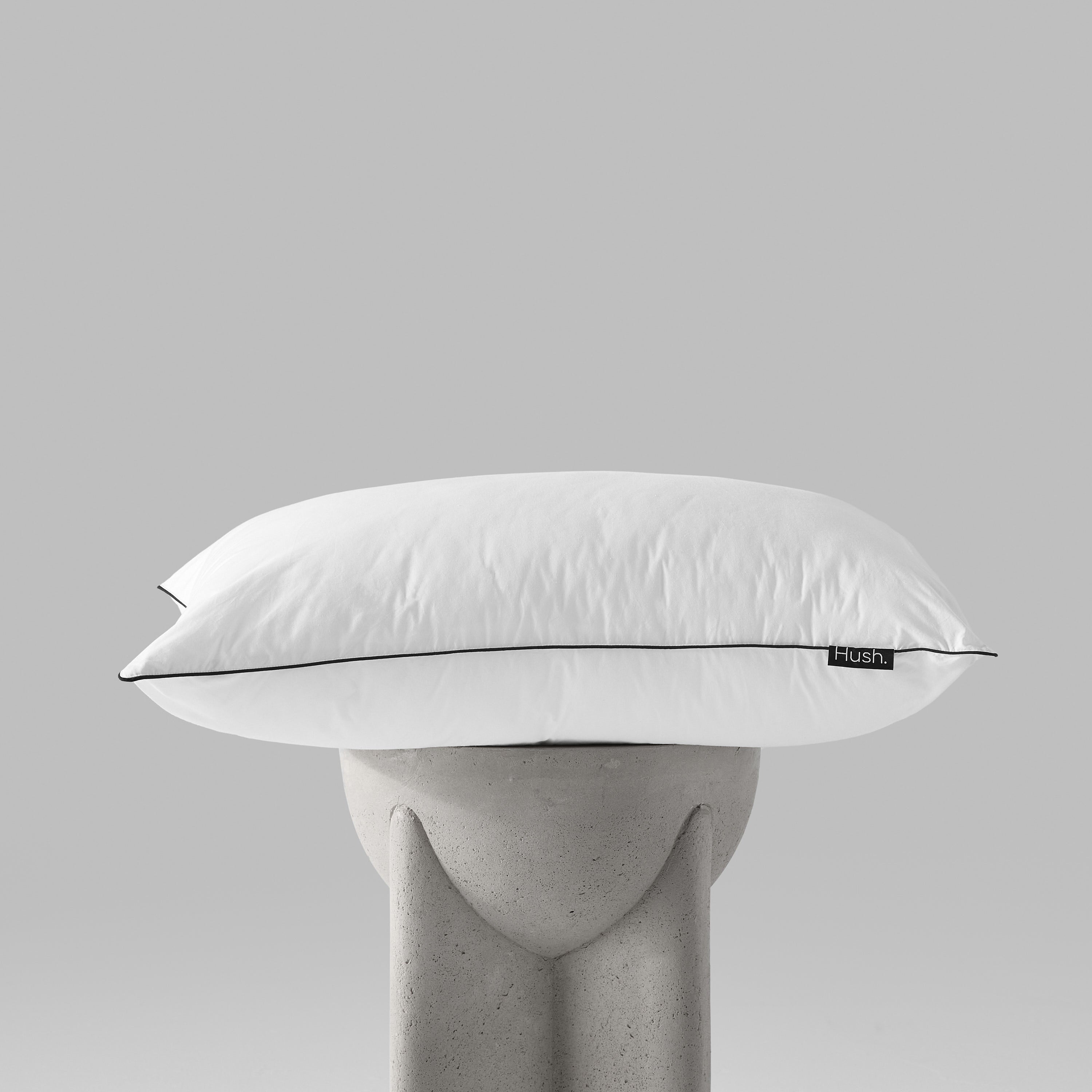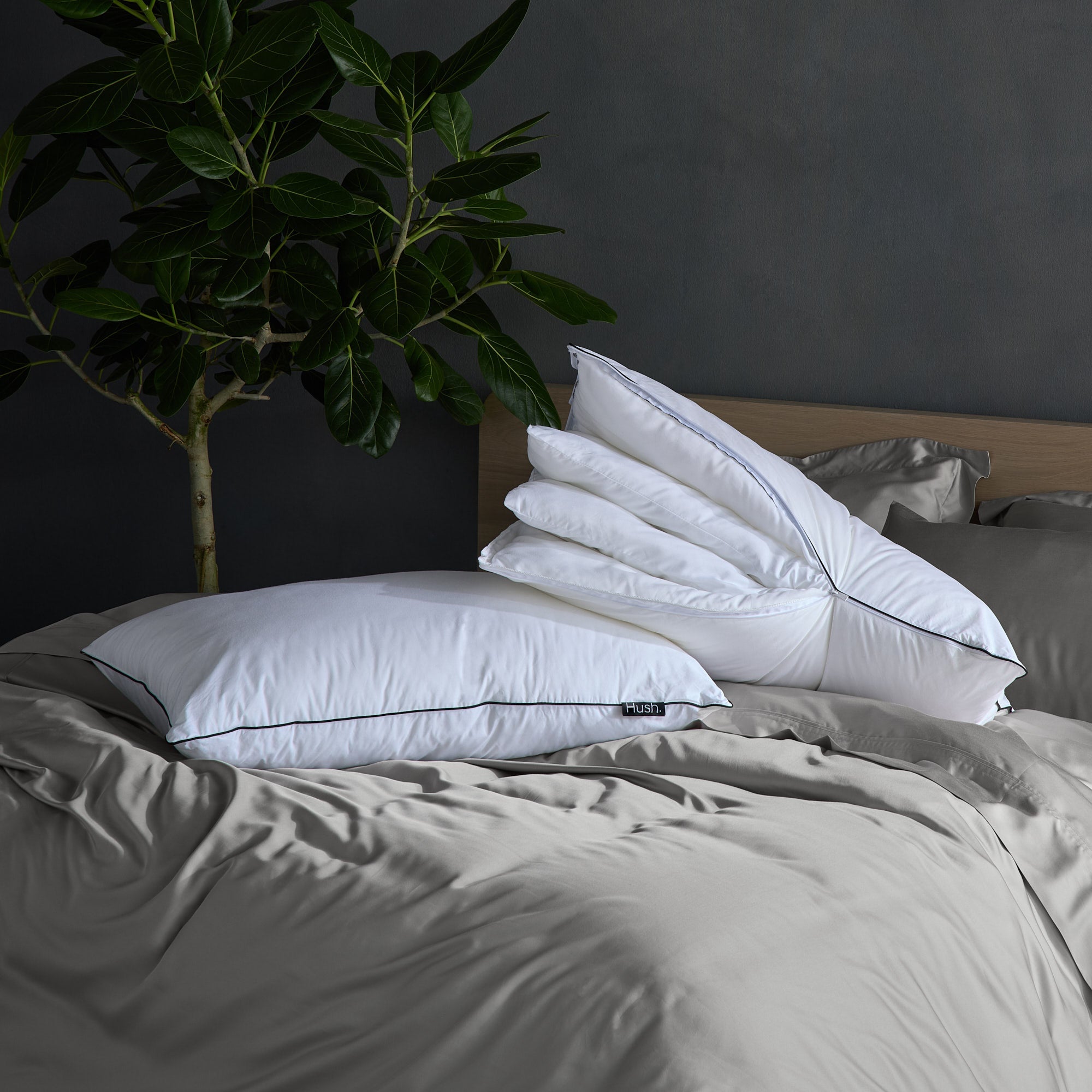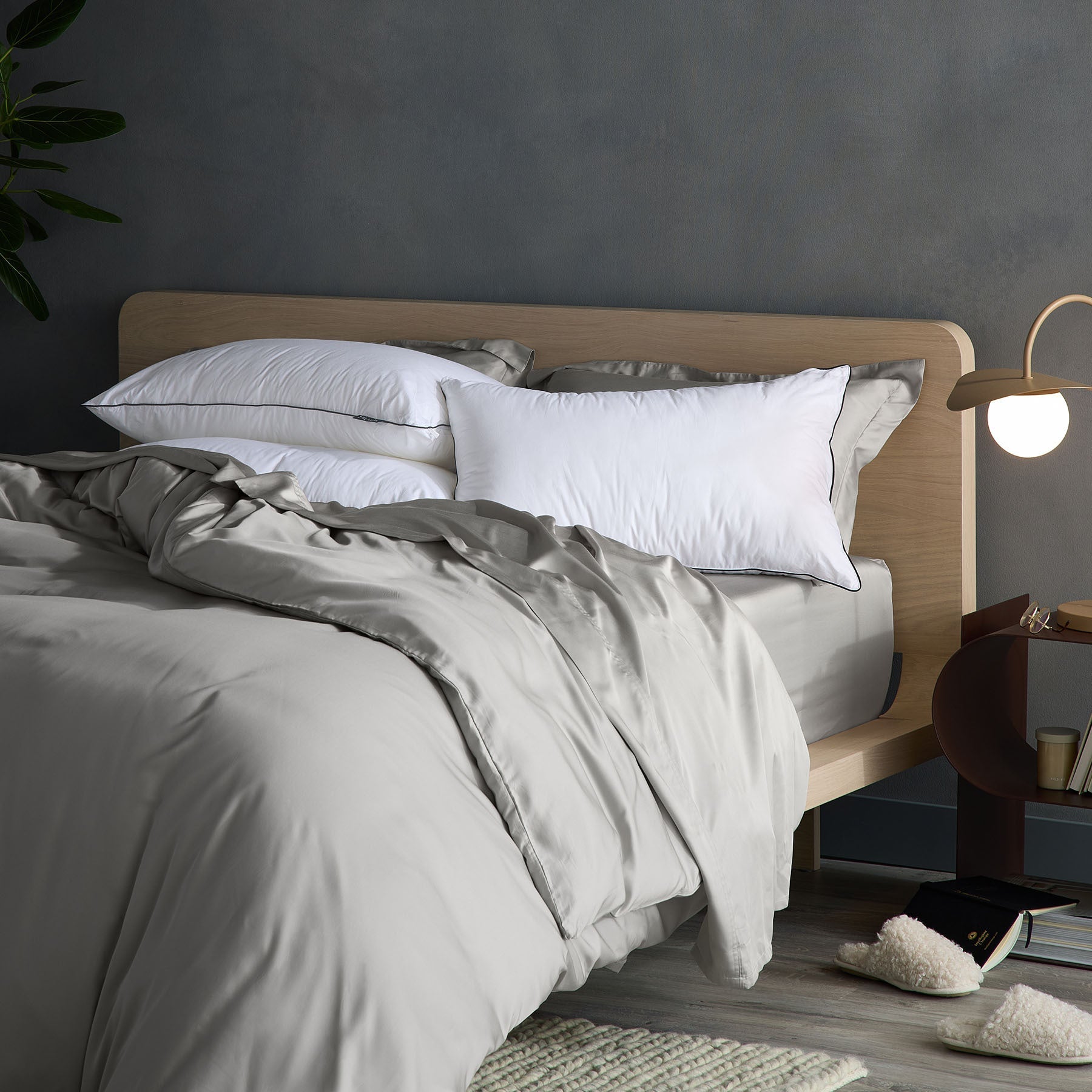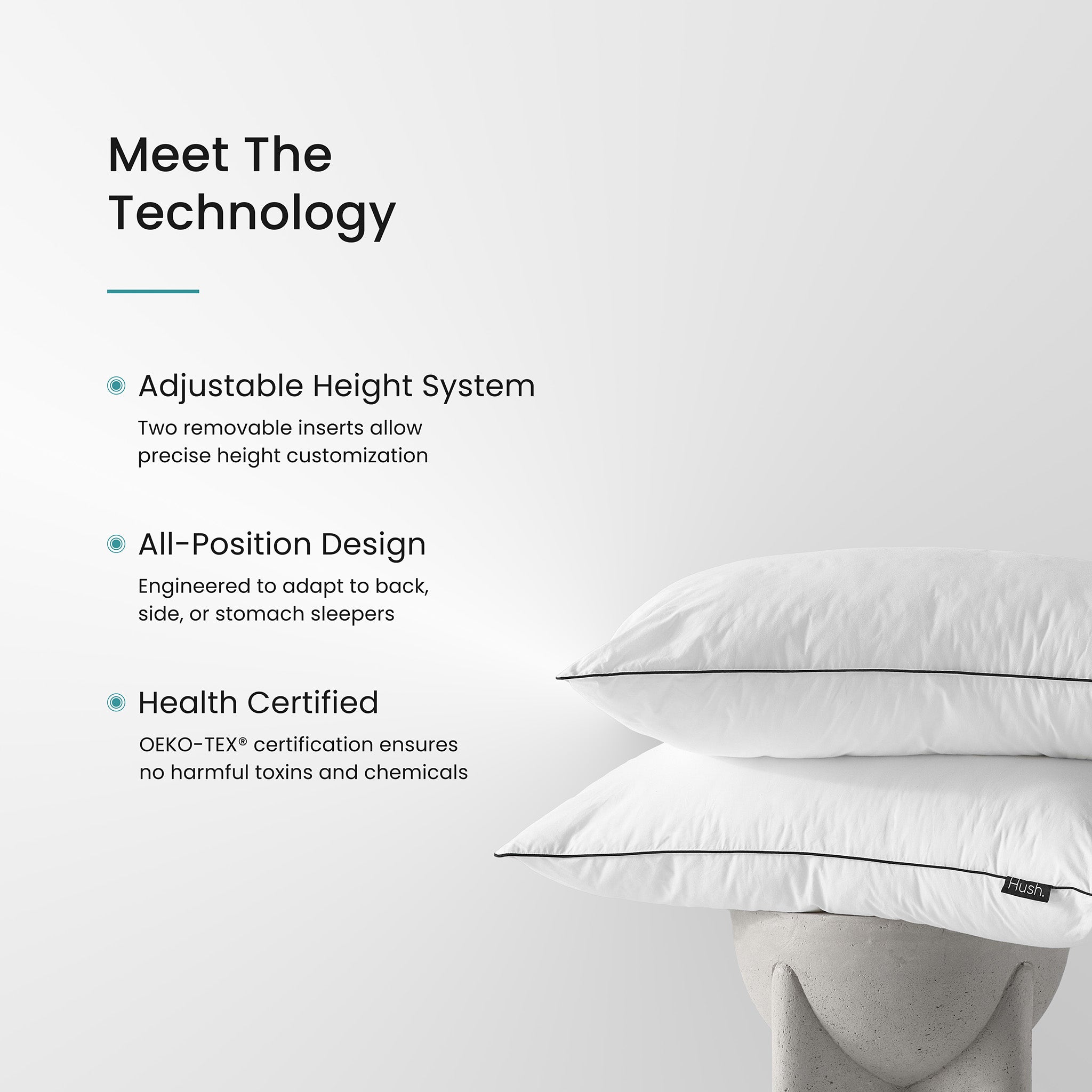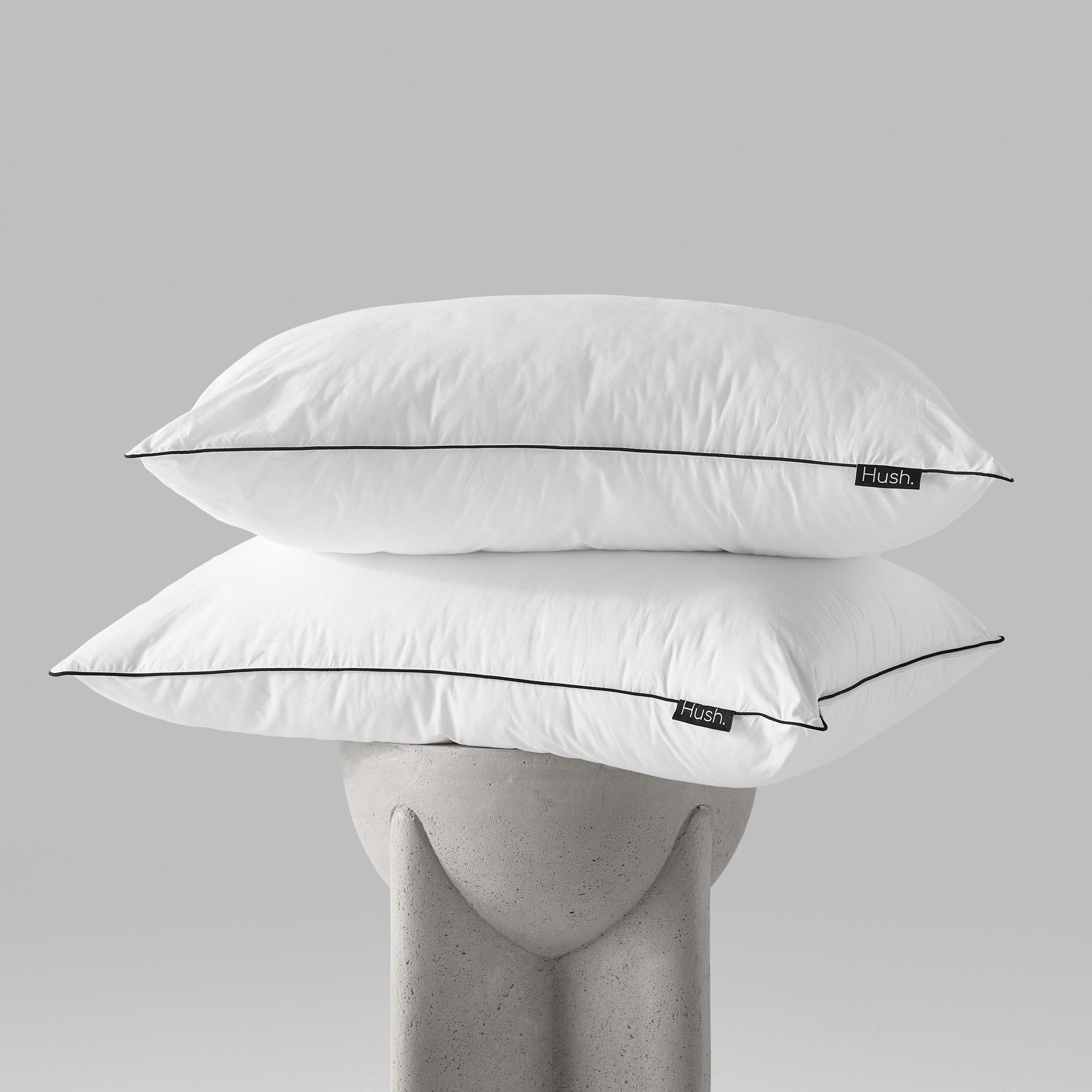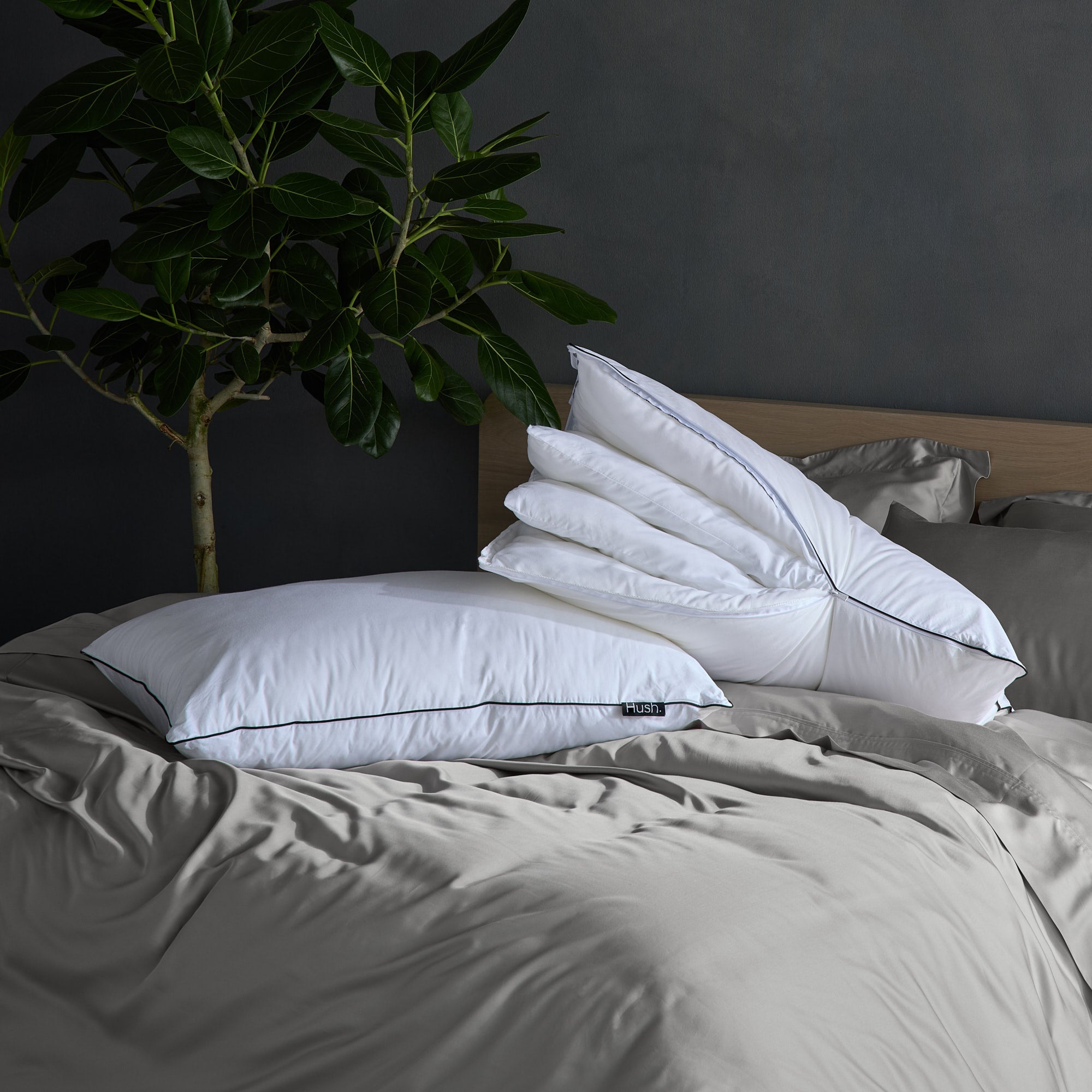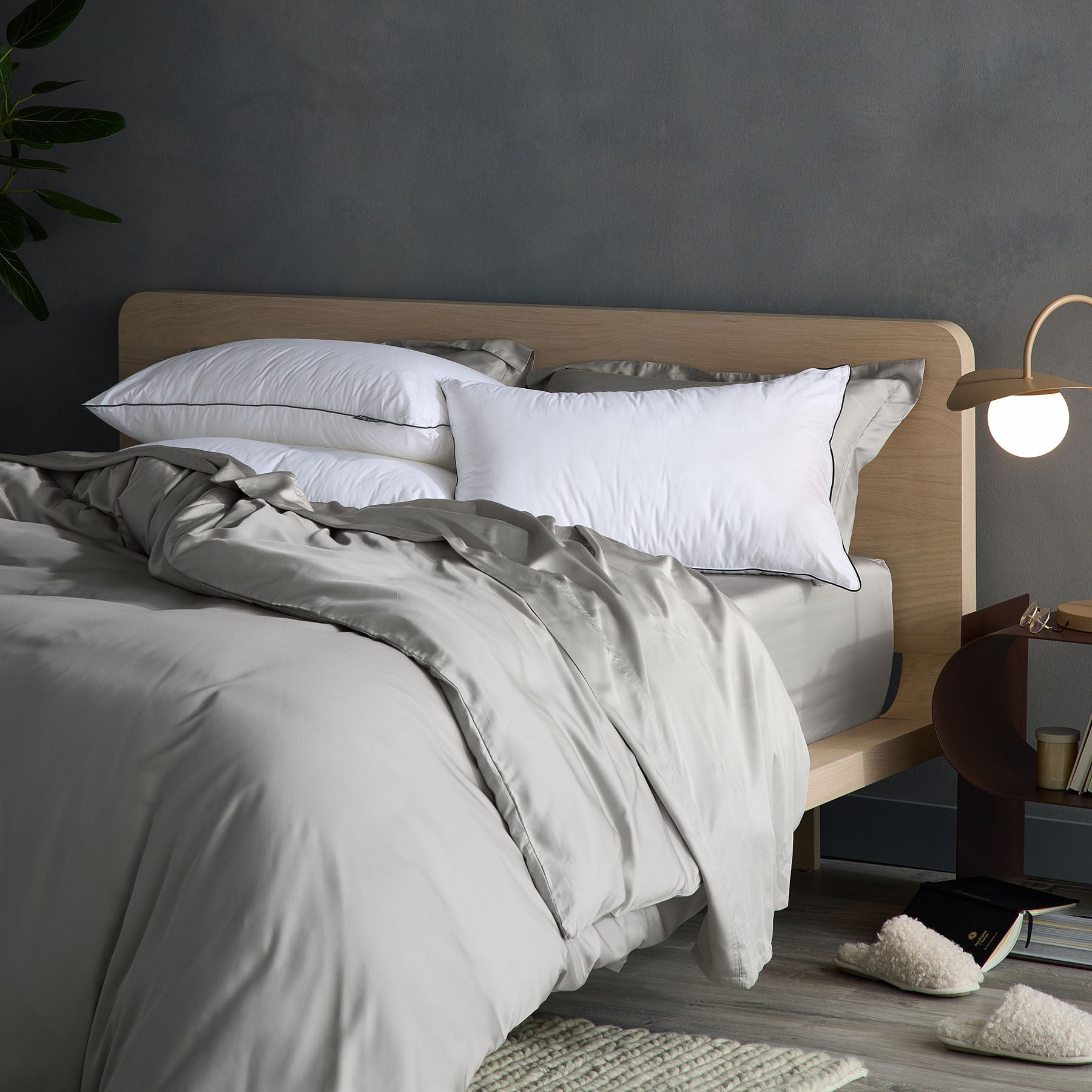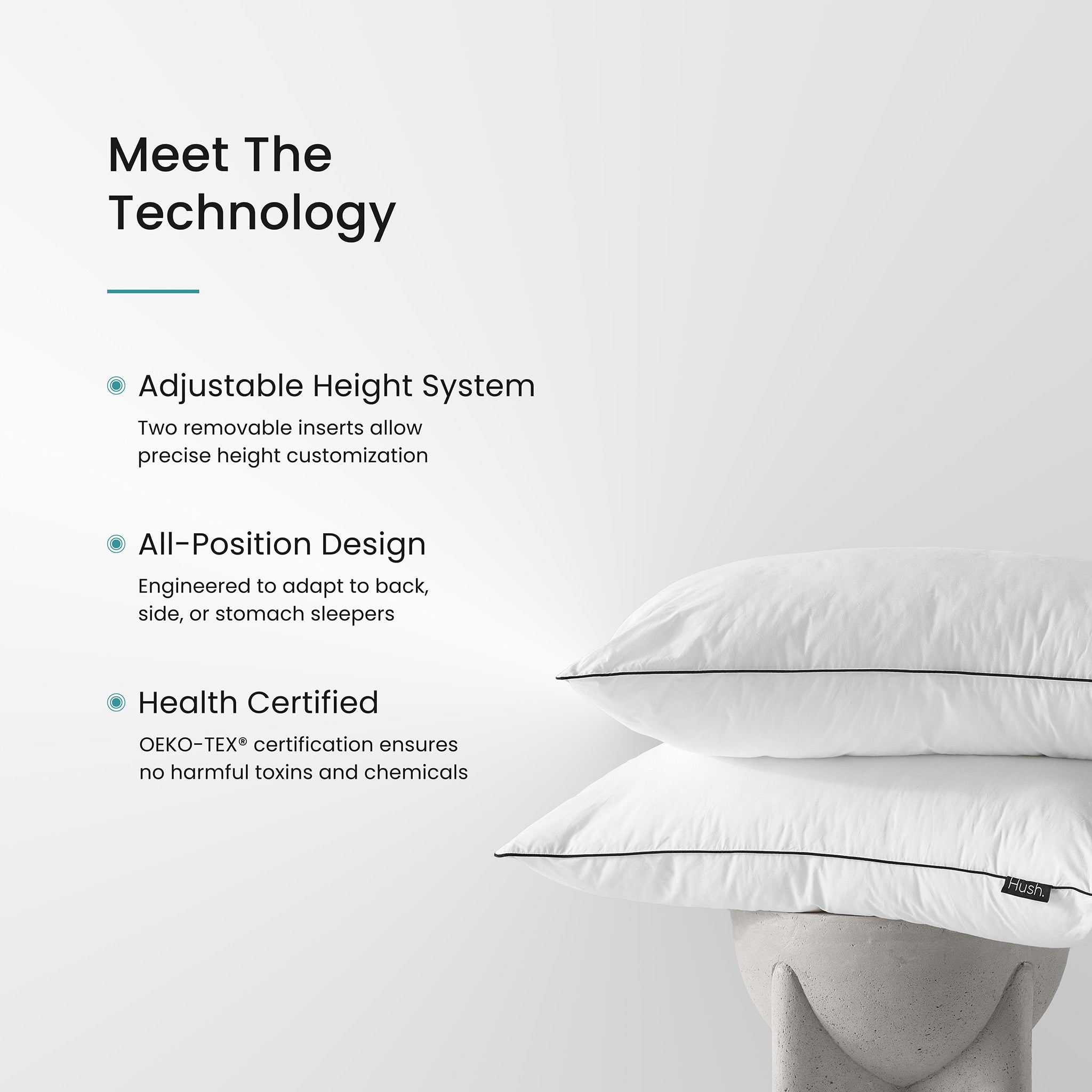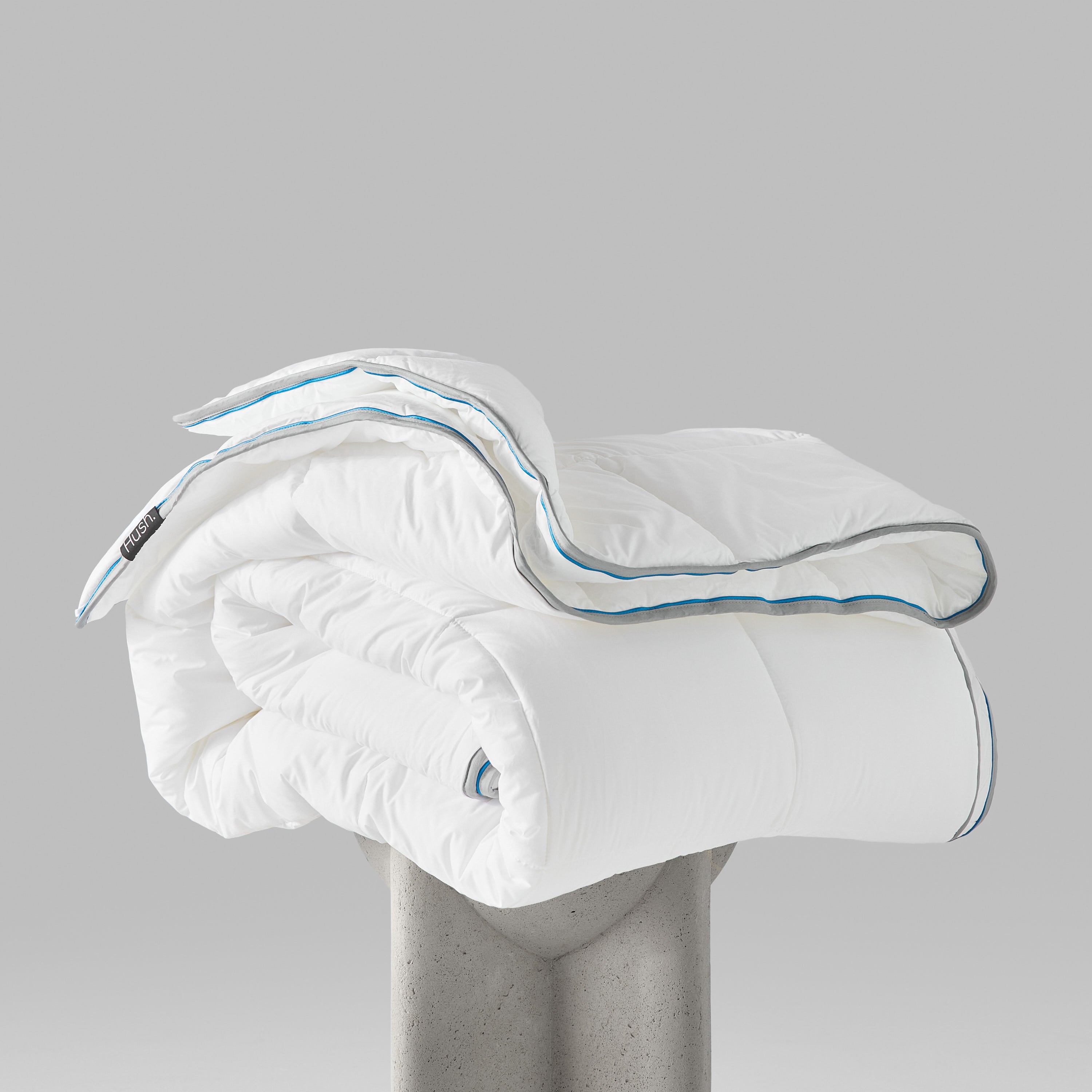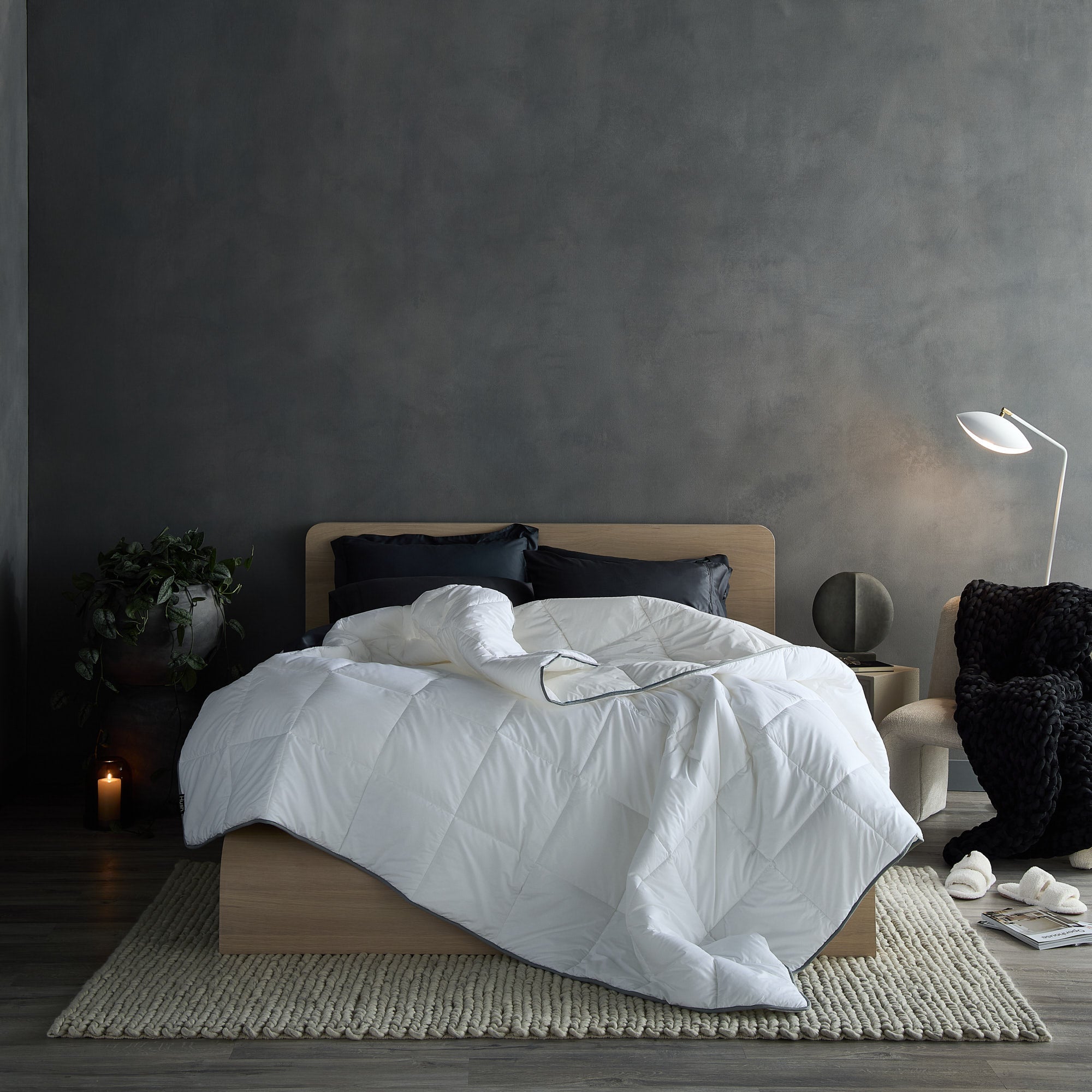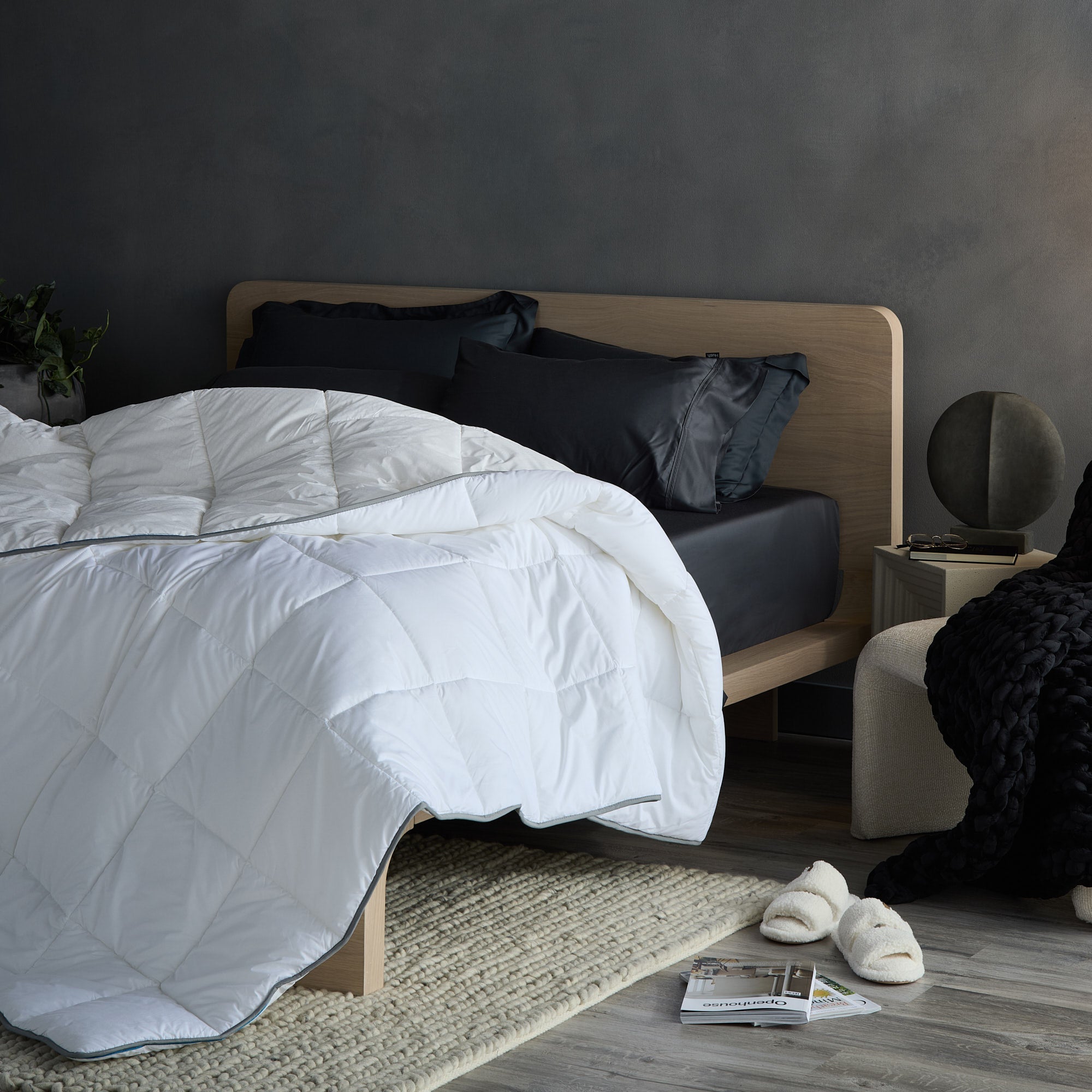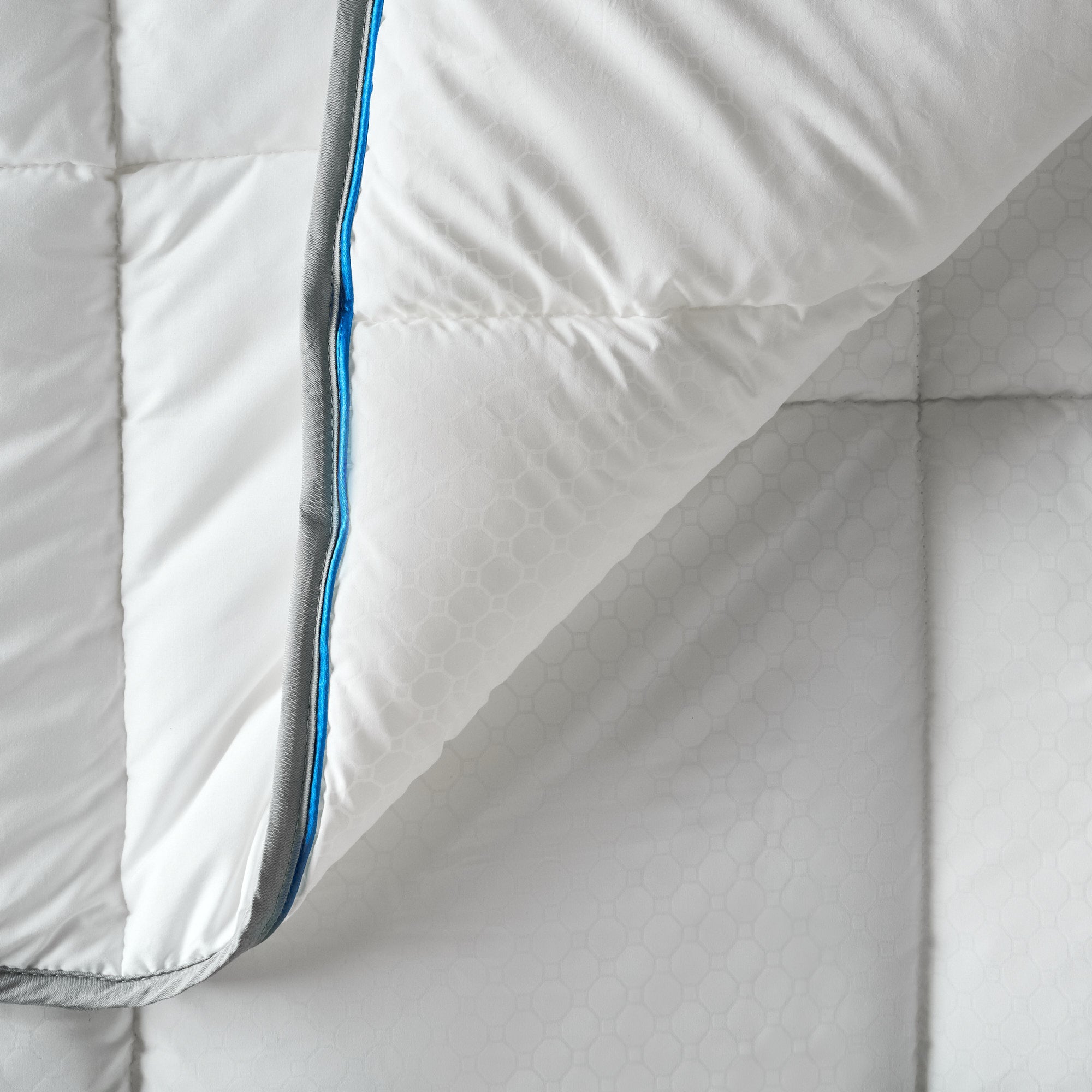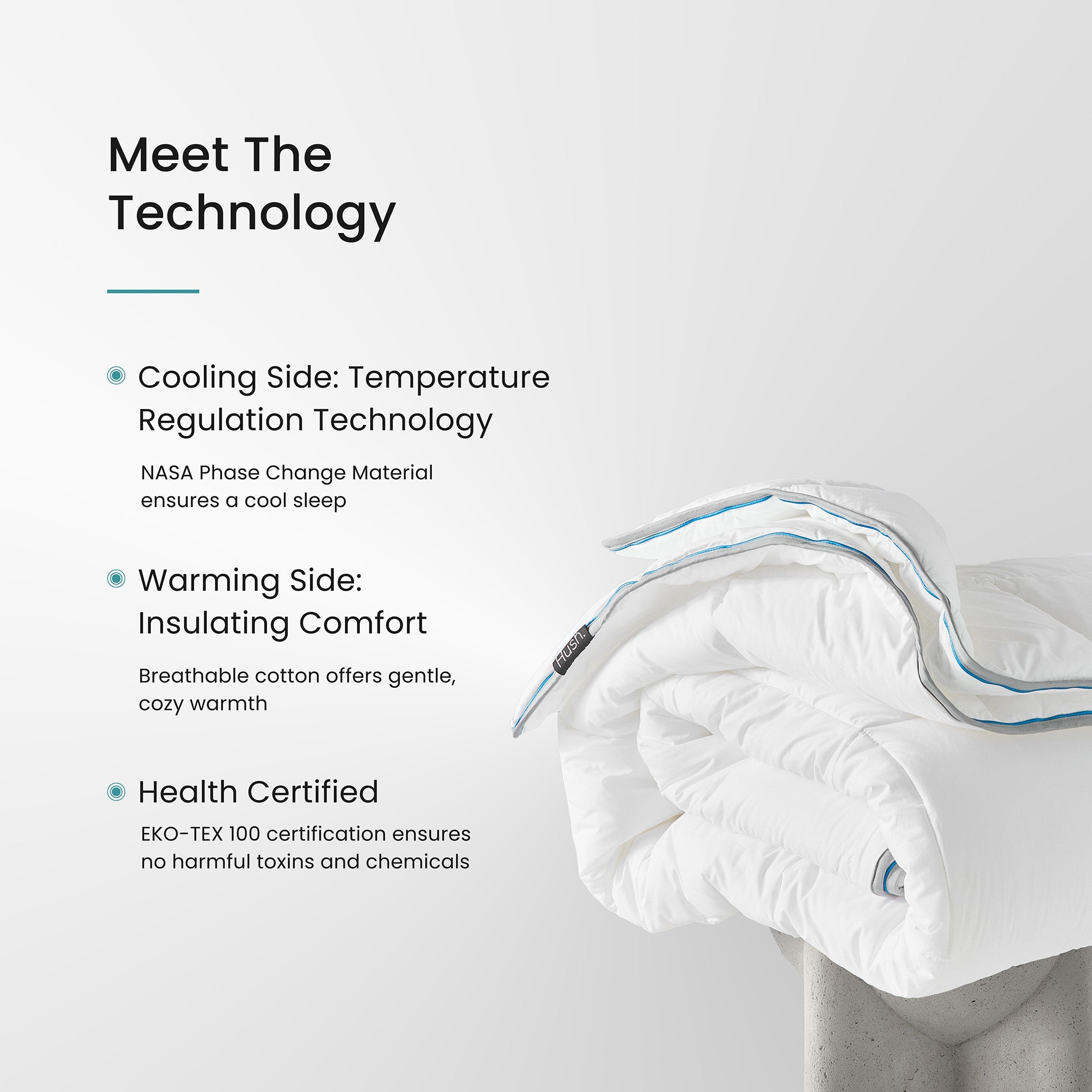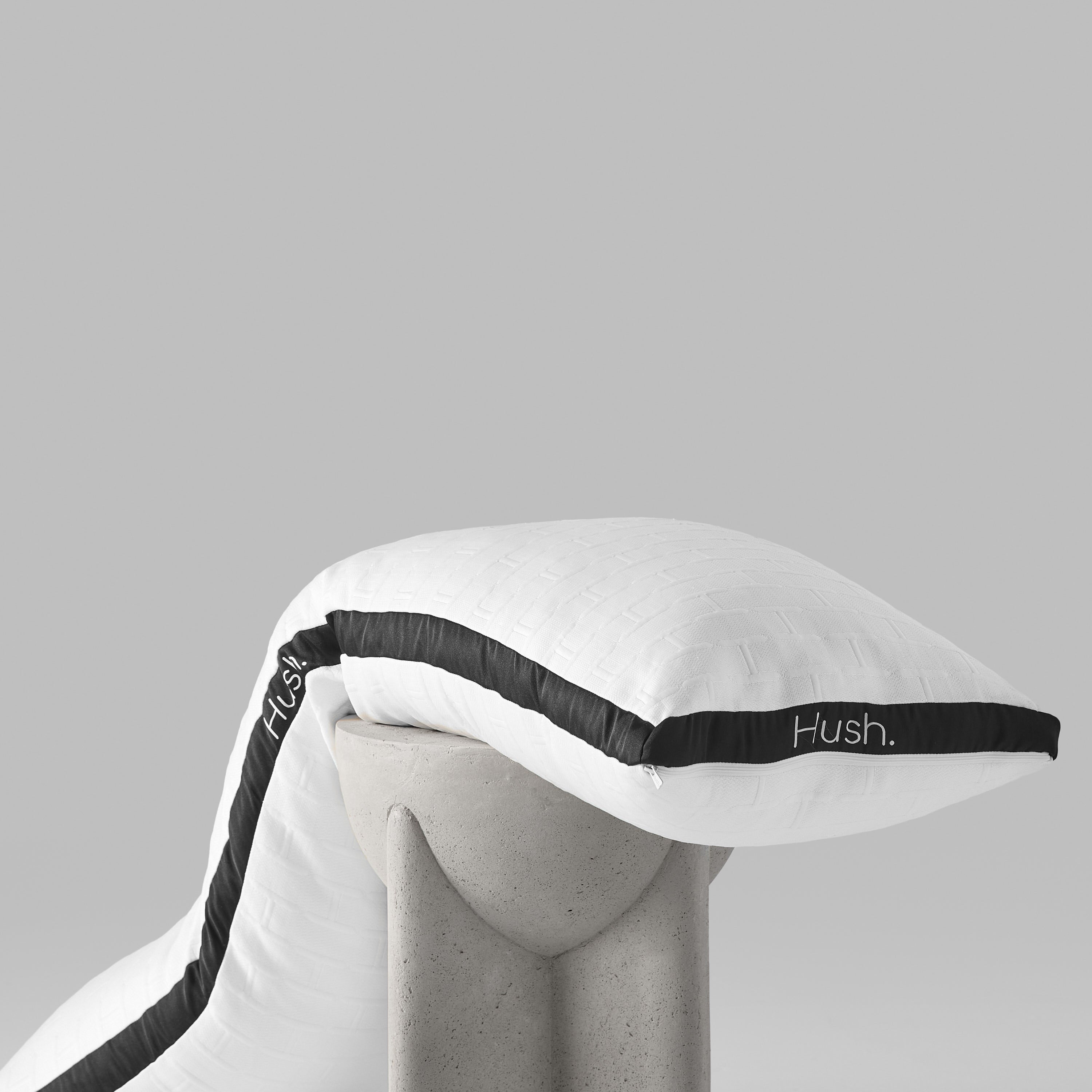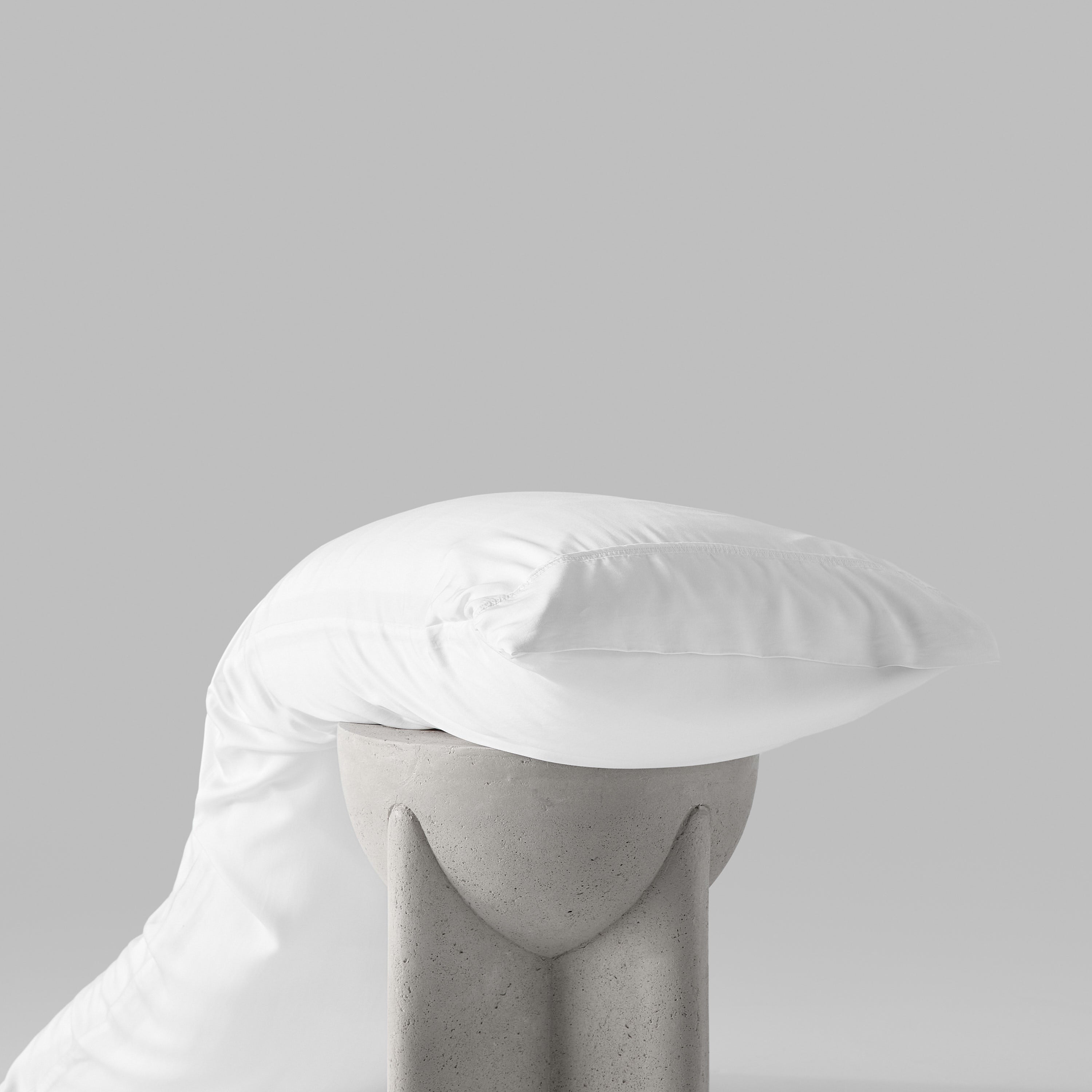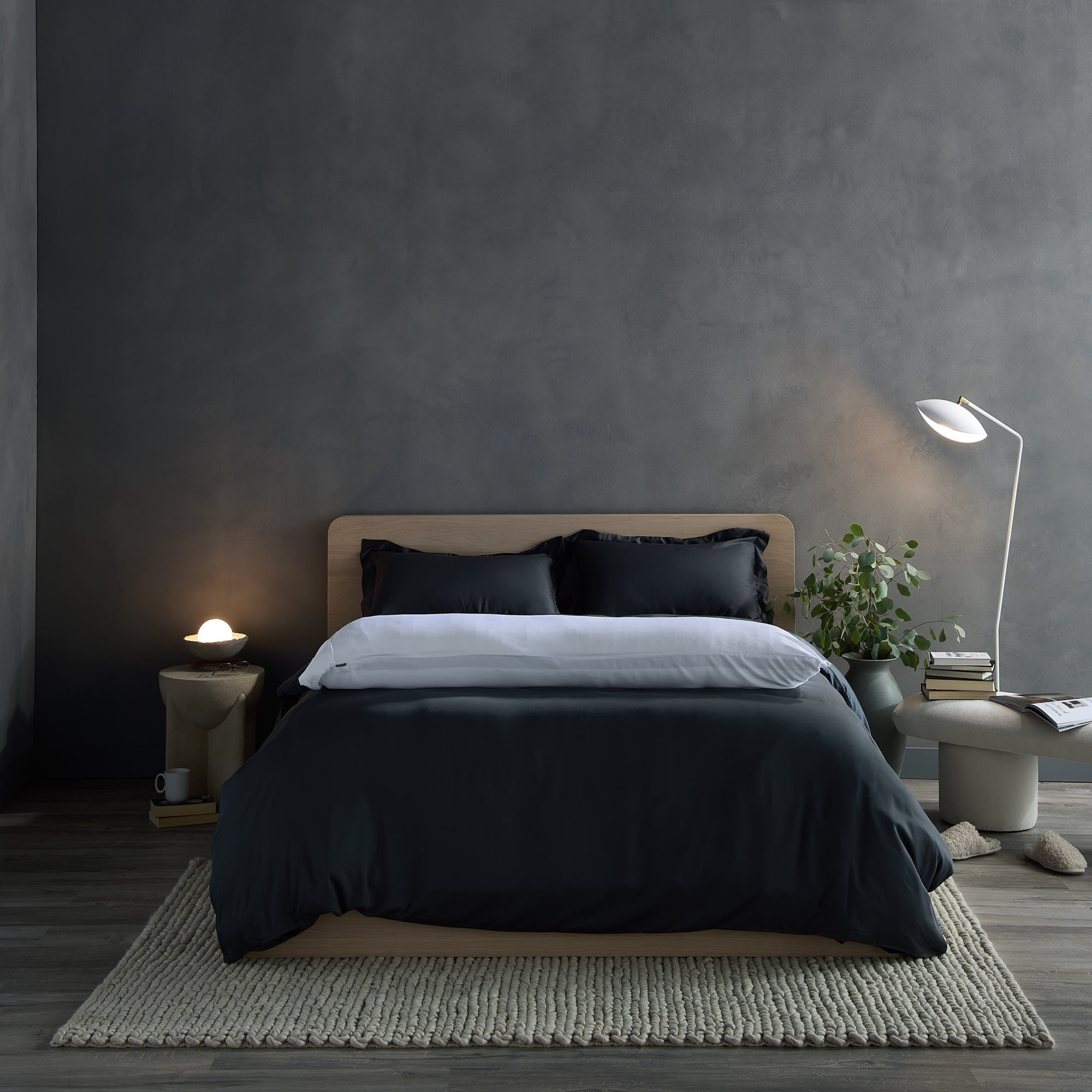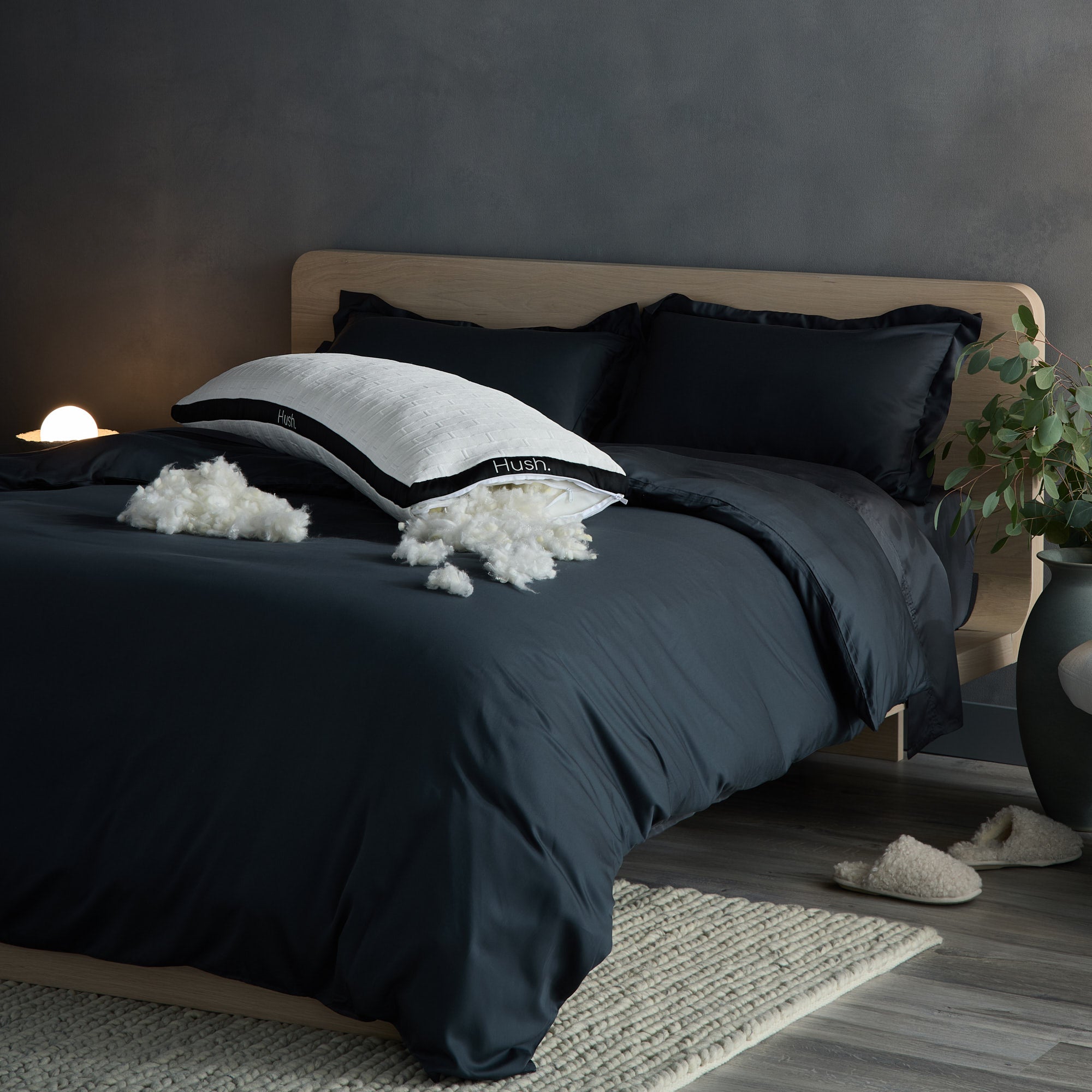
Feeling anxiety is normal. It signals us to be aware of what is happening, to pay attention, to stay alert. While anxiety is typically short-term, it’s not uncommon to have anxiety on a regular basis or anxiety that lingers after a stressful life event.
Often anxiety is treated with anxiety medication, but there are at-home treatment options that can ease or eliminate symptoms too. For people who have side-effects from medication, a family history of addiction, or who otherwise gravitate away from medication, at-home remedies could be helpful. In this article, we’ll explain what anxiety is, what the symptoms are, and how to manage anxiety without medication.
What Is Anxiety?

Anxiety is a physical response to stress. When we are anxious, our nervous system elevates our levels of the stress hormone cortisol. Our hearts beat faster, we sweat, and our breathing increases. Our mind registers the stress as a threat, and our bodies prepare to react to the stress with fight or flight.
When you know you’re not in physical danger from the stressors that cause us anxiety, you can see your anxiety as “unnecessary” and judge yourself for feeling it in the first place.
It’s important to remember that anxiety is there to show us something. We can feel anxiety before an exam because we recognize the importance of the test. We may feel anxiety when we move to a new city because we aren’t familiar with our surroundings yet. Our anxiety can help us feel more alert and energized to help us through the experiences. It can also show you where you’re feeling uneasy or insecure, so you can work through the underlying beliefs beneath.
Anxiety is a normal part of being human. It’s common to feel anxious during some circumstances. Sometimes, though, we start experiencing anxiety more frequently or find we become increasingly anxious for things that used to not bother us or are relatively harmless. If this starts to happen, we may be developing an anxiety disorder.
Types of Anxiety Disorders

According to the U.S. Department of Health and Human Services, there are five major types of anxiety disorders. They include:
1. Generalized Anxiety Disorder
You feel chronically anxious, even when there is no outside reason for the anxiety. Generalized anxiety disorder is the most common type of anxiety disorder.
2. Social Anxiety Disorder
You feel anxiety or extreme self-consciousness around everyday social situations. It can be limited to one type of interaction (like public speaking) or a broad range of interactions. Social anxiety disorder is the second-most common anxiety disorder after generalized anxiety disorder.
3. Obsessive-Compulsive Disorder
You are unable to stop unwanted thoughts, and those thoughts and behaviors are recurrent. Examples may include worrying about germs and frequent hand washing or being unable to stop fixating on a particular idea, thought, or interaction.
4. Panic Disorder
You have repeated and chronic periods of intense fear when, in reality, you are physically and emotionally safe. A panic disorder is more overwhelming than regular anxiety and can cause physical symptoms like increased heart rate, excessive sweating, nusesa, difficulty breathing, and weakness. They can be brought on by known and unknown causes and can happen in the day or night.
5. Post-Traumatic Stress Disorder (PTSD)
You could develop this disorder after an intense, traumatic event where physical harm could have occurred or did occur. PTSD differs from other anxiety forms because there is a direct event cause, even if the person suffering from PTSD doesn’t fully understand or recognize the cause. Symptoms include nightmares, avoidance of certain situations, heightened awareness, and depression.
Some of the anxiety disorders listed stem from a particular event or stressor. Others are caused by our increased levels of overall stress. We struggle to relax, decompress, and give our brains and “alert systems” a break from looking for threats. There are several physical symptoms of anxiety, and you can learn how to manage anxiety without medication.
Symptoms of Generalized Anxiety Disorder

While only a medical professional can diagnose generalized anxiety disorder, you can see if you identify with common symptoms of anxiety. While anyone may experience these symptoms from time to time, people with anxiety disorder have symptoms that regularly interfere with daily life. According to the National Institute of Mental Health, the symptoms include:
- Being restless
- Fatiguing easily
- Difficulty concentrating
- Irritability
- Tense muscles
- High blood pressure
- Inability or difficulty controlling feelings
- Sleep problems
Each symptom on its own is manageable, but several of them together can feel overwhelming. And, if left untreated, you could even experience anxiety attacks or panic attacks. Thankfully, you can learn how to manage anxiety without medication.
How to Manage Anxiety Without Medication

In many instances, you can manage anxiety without medication. Talk to your health professional about natural ways to ease your anxiety symptoms to make sure they’re a good fit.
1. Relaxation Techniques
Practicing relaxation techniques is one way to manage anxiety without medication. You can use one of the four types of relaxation techniques below as a way of getting ahead of your anxiety.
Deep Breathing
Deep breathing techniques automatically cause your body to relax. When you take deep breaths (a four-count inhale and an eight-count exhale), your heart rate slows. This causes your heart to slow, which prompts a chemical release of feel-good hormones, like serotonin. As this process continues, you start to calm down.
You can make this experience even more relaxing by practicing it while wearing a weighted blanket. Deep breathing exercises combined with weighted pressure stimulation will help you feel calmer.
Hypnosis
Hypnosis allows you to “rewrite” the thought patterns in your head to have different results. If there is a certain circumstance that causes you anxiety, like speaking in public, hypnosis can help you form new thoughts around speaking in public.
If you’re interested in hypnosis, make sure you find a certified provider who will first make sure you are a suitable candidate for the process. Not everyone is as “suggestable” as they need to be for hypnosis to work. Also, a certified hypnotist will help alleviate any concerns you may have about hypnosis and the hypnosis process.
Biofeedback
Biofeedback, according to Harvard Health Medical Publishing, uses monitored feedback from your body and a series of lights to help you better understand your physical reactions to anxiety. Once you learn your physical responses, you combine other methods of relaxation to learn how you can help yourself relax.
For example, the biofeedback machine might sense that you tense a certain muscle when you become anxious. Once you learn that, you can focus on getting that particular muscle to relax.
To start biofeedback, talk with your medical professional to help you find a provider in your area.
Increasing Mindfulness
Often, anxiety is worrying about something that could happen but hasn’t yet. Mindfulness teaches you to keep your brain in the present moment. Instead of focusing on what hasn’t happened yet, you focus on what is happening now.
Mindfulness also helps calm you physically. To practice mindfulness, sit quietly and focus on your breathing. This makes it easier to observe your thoughts and go down fewer “rabbit holes,” whether those are visualizing yourself having a difficult conversation the next day or going over and over a mental to-do list. You can get more guidance from websites and apps like Headspace or Insight Meditation.
Try meditating while wearing a weighted throw blanket to further increase your relaxation.
2. Therapy
Therapy helps you realize the root causes of your anxiety. With the help of a therapist, you can reduce the severity of your anxiety. There are two types of therapy that are commonly used for this treatment.
Talk Therapy
Talk therapy allows you to “vent” your feelings about your anxiety. You talk about the triggers and thought patterns behind your anxiety until you realize their roots in your personal experience. With the help of a therapist, they no longer have the same power over you. You also learn how to manage the symptoms and what to do when anxiety occurs.
Cognitive Behavioral Therapy (CBT)
Working with a professional, you slowly change the thought patterns behind your anxiety. As you work with your therapist, negative thoughts tend to have less control over your actions.
Let’s say you worry about public speaking. Your underlying fear may be that you’re going to mess up the speech and get fired from your job. CBT helps you realize this while your emotions are valid, this is likely not a rational situation. It works you through what more realistic outcomes could be. You are able to challenge whether the roots of your anxiety are rooted in reality or your false, subconscious beliefs about yourself.
3. Staying Active
Physical activity can help anxiety in a couple of ways. First, exercise gets your heart pumping, which makes you feel strong and capable. It can change your mood to be more positive because you’ve done something good for yourself. Even when you don’t crush your workout, you know you’ve taken care of yourself. This feeling of well-being often lasts beyond the workout and inspires you to make other good choices for yourself. Second, exercise also releases feel-good chemicals and endorphins, increasing that feeling of well-being.
To get that rush of endorphins, aim to work out for around 30 minutes a day at a moderate to heavy intensity.
4. Getting Good Sleep

When you suffer from anxiety, it can be difficult to settle to sleep. Losing sleep can make your anxiety worse because when you’re tired, your reactions are not as balanced as they would be otherwise. Situations and feelings that spur your anxiety when you’re rested feel more heighted when you’re tired.
Making sure you have a well-established nighttime routine and you practice good sleep hygiene is important for improving your sleep. A weighted blanket in a breathable fabric that wicks away sweat to keep you comfortable while delivering deep pressure stimulation can help you sleep more deeply and stay asleep longer, giving you the quality rest you need as a foundation of your self-care.
5. Limiting or Eliminating Alcohol
Many people believe alcohol helps you “calm your nerves.” Often, however, the opposite is actually true. While alcohol is a sedative and may increase feelings of calm in the moments right after you consume it, it can increase your anxiety after it wears off. Plus, it is a known sleep disruptor, which only adds to feelings of anxiety.
6. Using a Weighted Blanket
A weighted blanket can help you manage anxiety without medication. The weight of the blanket gives a gentle pressure that surrounds your body. That pressure signals your body to slow your breathing. In turn, your deeper breathing slows your heart rate, which signals your body to release feel-good chemicals.
You can use weighted blankets as often as you need. This can quickly and easily turn your porch, couch, or bed into a haven of calm relaxation.
Weighted Blankets Can Support Your Wellness Routine

If you struggle with chronic anxiety or anxiety disorder, building your wellness routine can help you find how to manage anxiety without medication. A weighted blanket should be a key part of your plan. It can increase the feelings of comfort, just like a really good hug from a loved one. The only side effects are rising levels of contentment and relaxation.
If you're ready to try a weighted blanket, the Hush Iced 2.0 is a top-rated blanket that keeps you cozy yet cool. All of the Hush Weighted Blankets come with a 100-night guarantee, so you never have to worry if you've made the right choice.
